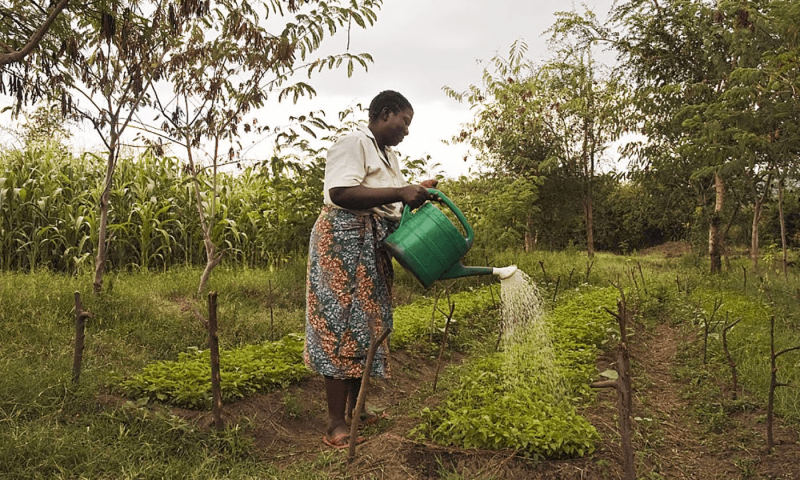Over the past decade or so, many ordinary farmers especially in developing countries including Uganda, have been thrown into a polarizing debate about what steps to take to achieve food security in a hotter and more populous world.
On the one hand, is a group that has advocated for the adoption of modern agricultural technologies such biotechnology that involves use of biology to solve environmental stresses such as pests, or develop useful products such as vitamin-rich bananas.
…
On the other hand, another group that has come to be known as the agroecology movement, comprising mostly the civil society and movements of smallholder farmers, has gained momentum in recent years by opposing industrial farming as characterized by consistent use of improved seed, mechanization, and use of chemical fertilizer. Instead, they have advocated for use of saved seed, organic fertilizer, diversity in food and decentralized marketing.
…
There is increasing realization that intensification and use of modern tools such as biotechnology and agro-ecology are not conflicting targets. Indeed, both approaches can reinforce each other in a mutually supportive way to achieve food and nutrition security.































